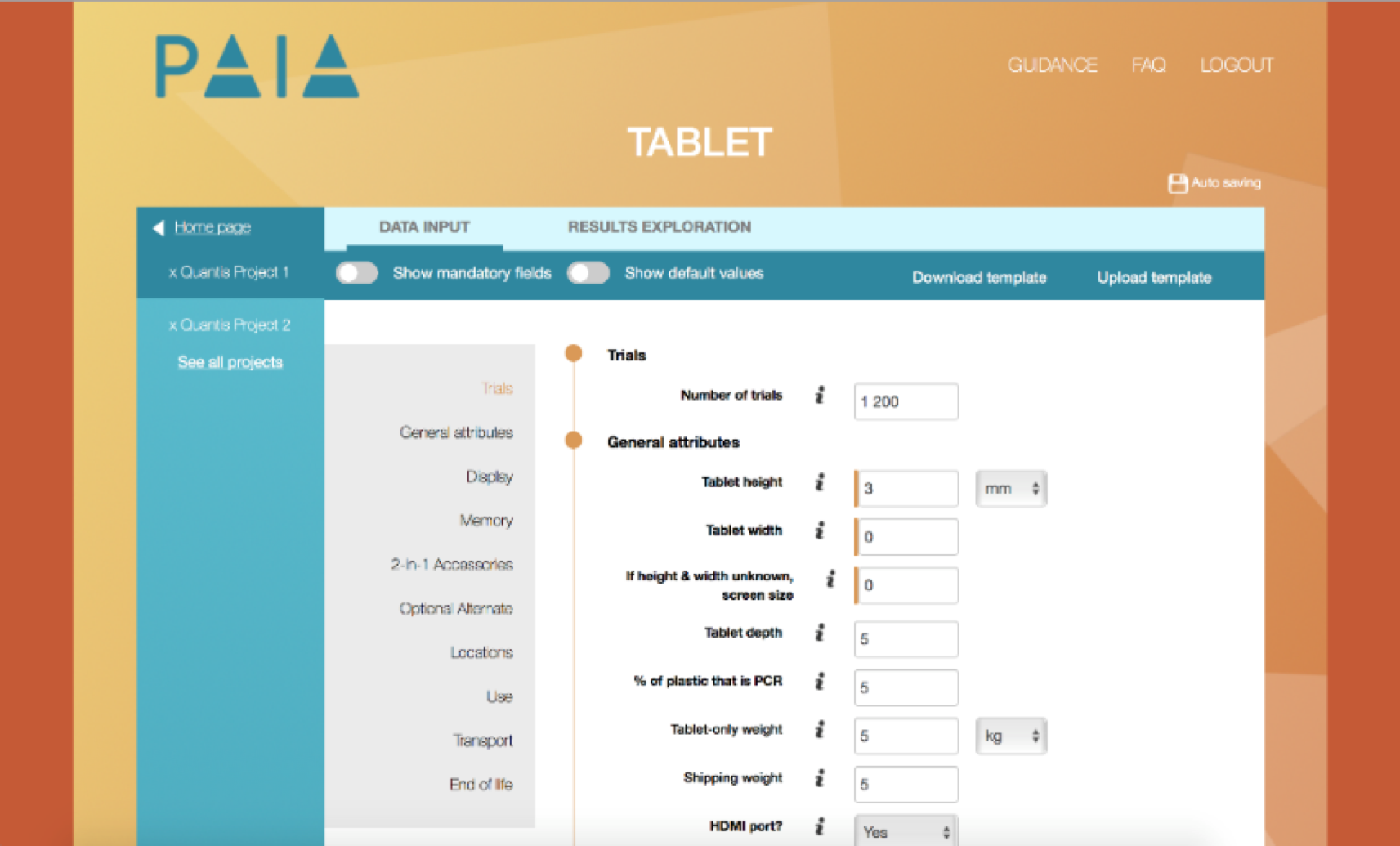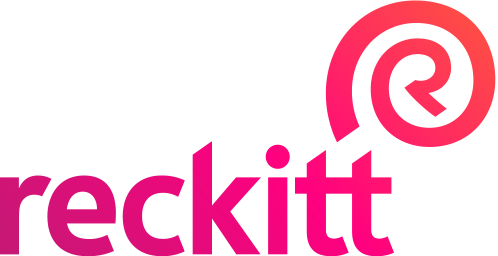Streamlining product carbon footprinting + driving sector-wide transformation in ICT through PAIA

Lenovo needed an efficient and credible way to calculate its products’ footprints. To meet this need, it joined the Product Attribute to Impact Algorithm (PAIA) project, an ICT sector-wide pre-competitive collaboration led by Quantis and MIT (Massachusetts Institute of Technology) to streamline footprinting for ICT products.

Challenge
Lenovo is one of the largest Information and Communications Technology (ICT) companies worldwide. It produces a range of products including, among others, computers, smartphones, and servers.
The company has established a comprehensive climate change strategy to drive GHG emissions reductions across strategic areas of impact.
It wanted to better understand its impacts and credibly disclose environmental information about its products. Yet, product carbon footprinting is effort-intensive for ICT products given the long supply chain and rapid product change-over.
Lenovo needed an efficient and credible way to calculate its products’ footprints. To meet this need, it joined the Product Attribute to Impact Algorithm (PAIA) project, an ICT sector-wide pre-competitive collaboration led by Quantis and MIT (Massachusetts Institute of Technology) to streamline footprinting for ICT products.
Insights
Environmental footprints for ICT products present unique challenges because:
- ICT companies have long and complex value chains, often across different geographies;
- product portfolios tend to be diverse and evolve rapidly; and
- multiple methodologies exist to calculate product footprints.
To address these challenges, Quantis and MIT developed PAIA, an easy-to-use online platform that allows companies to significantly reduce the time and cost of environmental impact calculations. PAIA delivers:
- a streamlined methodology for ICT product footprinting,
- a suite of simplified online tools, and
- a multi-stakeholder initiative of ICT companies that share insights and best practices
To learn more about PAIA, click here.
Actions
Lenovo joined PAIA and began using its tools to calculate the carbon footprint of its desktop, notebook, display, table, All-in-One, thin client, server, and network switch products.
As a PAIA project member, Lenovo also participated in the EU ICT footprint pilot tests. This EU project assesses the compatibility of methodologies for the measurement of the energy consumption and carbon emissions arising from the lifecycle of ICT products.
Impact
Using PAIA to calculate product footprints has significantly reduced the time and cost of environmental footprinting.
The data derived from PAIA tools allows Lenovo to report credibly on its sustainability programs.
The company shares these results with enterprise customers and publishes them publicly on Lenovo Product Carbon Footprint (PCF) Information Sheets.
By participating in PAIA, Lenovo is helping to drive a sector-wide streamlined methodology that will be key to transforming ICT companies into sustainable businesses.
Next steps
PAIA is not only a tool, but also a platform for collaboration between companies, academic experts and other third parties to find better solutions for product environment footprinting. Lenovo looks forward to continuing collaboration through PAIA to develop streamlined methodologies and implement industry best practices.

"At Lenovo, we have a large number of monitor, notebook, desktop and other IT product launches each year. The PAIA tools have helped us more efficiently calculate product carbon footprints for a wide range of products and configurations. The quality and accuracy of the calculations allow us to confidently communicate this information with customers and other stakeholders."
Sona Stenclova, Advisory Engineer, Global Environmental Affairs
Lenovo
Latest case studies

Case Study
Societe Generale
Societe Generale partnered with Quantis to assess and manage nature impacts, enhance portfolio strategy, and drive sustainable client engagement.

Case Study
Reckitt
Reckitt, with Quantis and CO2 AI, used AI and data to pinpoint and reduce Scope 3 emissions, improving footprint accuracy.

Case Study
Coop Group
Coop Group, with Quantis, created science-based targets and roadmaps, aligning climate strategy across seven business units.
